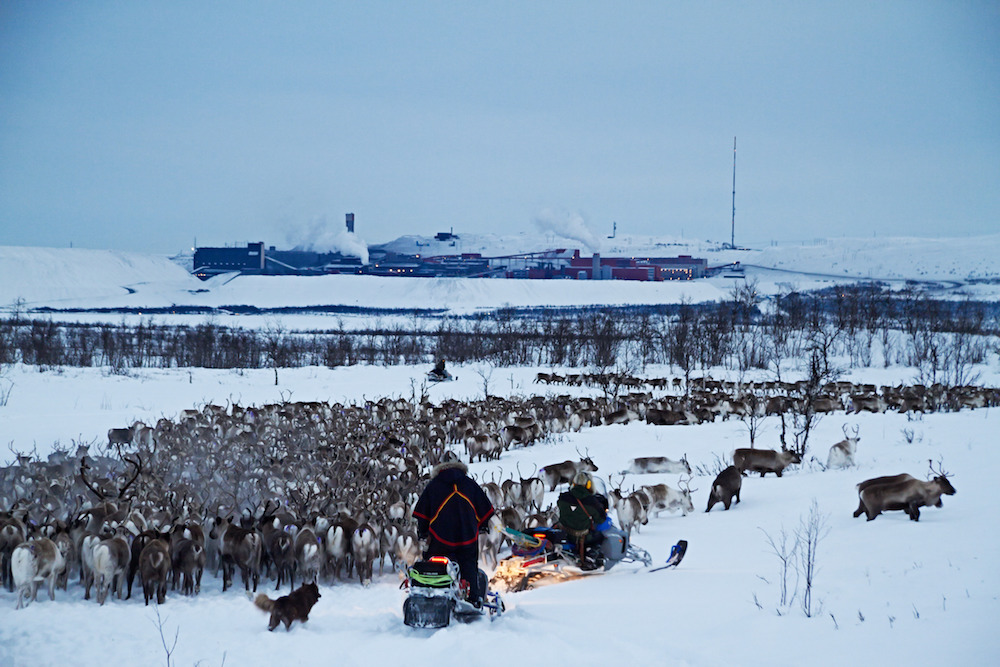Swedish Sámi assembly receives funding to document history of racism
The funding from the government will be used to lay the groundwork for a truth commission.

The Swedish government announced on Tuesday that it would fund Sámi-led preparations to establish a truth commission that will shed light on injustices against the Sámi people carried out by the Swedish state.
The decision comes after Sweden announced in June 2019 that it would go ahead with a request by the Sámediggi, an elected assembly that protects the rights of the 20,000 people of Sámi heritage in Sweden, to set up a truth commission. The 1.2 million kronor (about $130,000) will be used by the Sámediggi to collect stories of discrimination against Sámis and to come up with the format the commission will follow once it begins its work.
The goal of the commission, according to the government, is to help Sweden address what it described as a “history of racism” against the Sámi that continues today.
“This is a historic step in the work to make visible the violations and abuses that the Sámi have been exposed to throughout history and about which far too little is known,” Amanda Lind, whose remit as culture minister includes questions related to Sámi issues, said.
[Sweden still ‘working towards’ approval of Indigenous rights agreement]
During the course of the next nine months, the Sámediggi will speak with members of the Sámi community to hear their stories and decide on the topics the commission should take up.
“By hearing what issues and themes are important, what the composition of the commission should look like and what other important issues that the truth commission should address in its work, the Sámediggi hopes to have a good basis for the further work,” Matti Berg, the chair of the group that is preparing the commission, said.
The Sámediggi began working with the state and academia to establish a truth commission in 2014.
The process of establishing the commission is modelled on the one followed by the Sámi in Norway and Finland in preparation for similar commissions in those two countries. Its work, according to Berg, will take its cue from other successful truth and reconciliation commissions.
[Swedish Sámi fear a fresh wave of reindeer killings is linked to a recent court ruling]
In addition to documenting injustices, the Sámediggi will use the truth commission to come up with recommendations for ways to change Swedish policies that affect the Sámi.
Both the Sámediggi and the Swedish government said a goal of the commission would be to make majority Swedes aware of past and present injustices against the Sámi.
“The abuses and discrimination that the Swedish state has exposed to the Sami, and which are still on-going on many levels, are often unknown to decision-makers and the general public,” the Sámediggi wrote in its arguments for why a commission was needed.